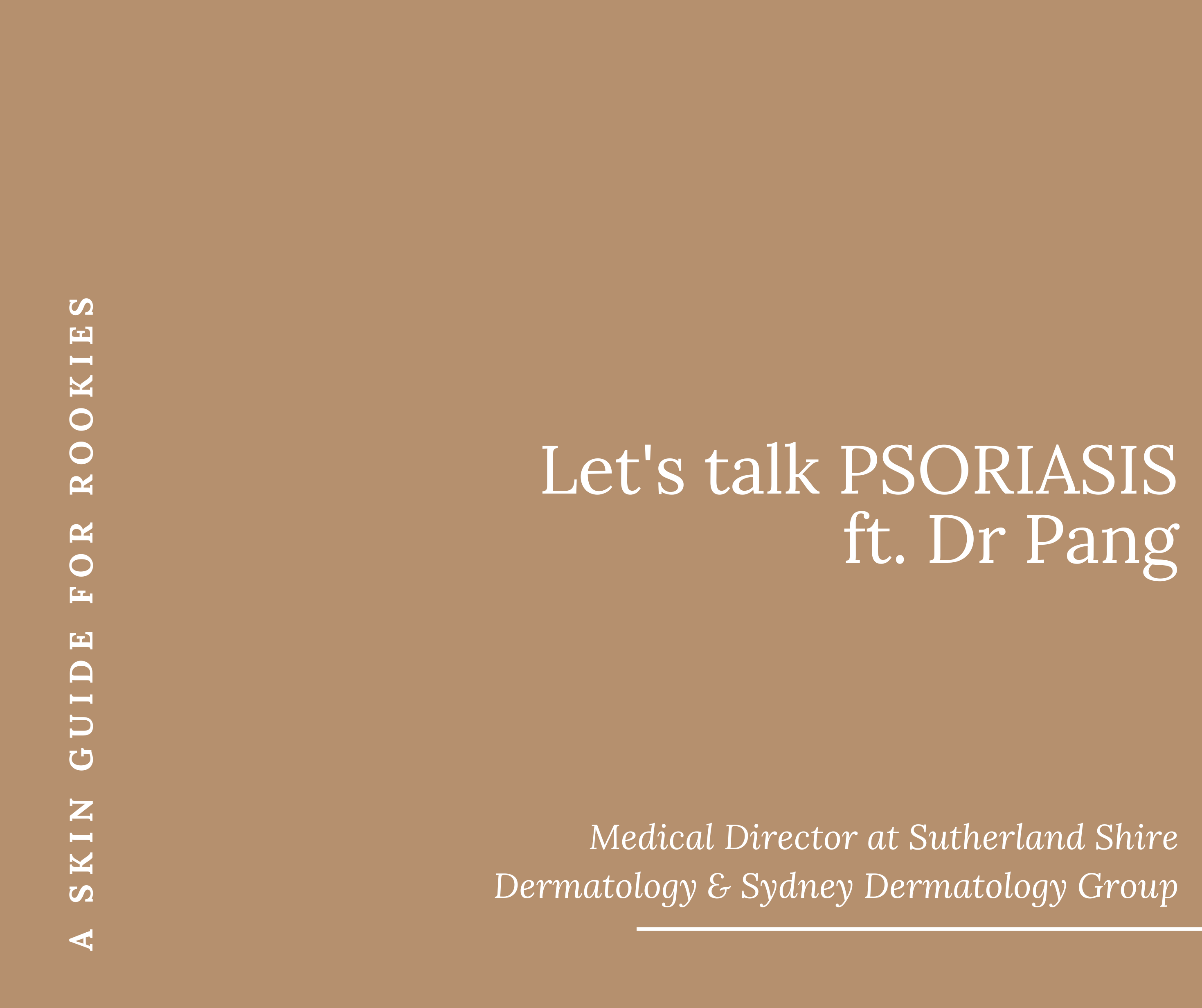THE IMPORTANCE OF SLEEP
Did you know as humans, we spend 1/3 of our life sleeping? That is if we really put in the effort to get a good night’s sleep. The recommended amount of sleep an average adult needs each night to wake up feeling ‘refreshed’, is between 7 to 9 hours. There are so many variables as to why we don’t get enough sleep such as work, feelings of anxiety, tiny humans, being on your phone, watching Netflix… the list is endless! Some of these can’t be helped but others (like scrolling through instagram) aren’t good. While we are sleeping, our bodies flick over to repair mode. You know when you lie in bed and think about everything that happened that day? Our bodies do the same.
There are many adverse effects of not getting enough sleep, but one big ugly one is that it can lead to a poor diet. Two hormones that affect our appetite are leptin (decreases appetite) and ghrelin (increases appetite). When our body is lacking sleep, ghrelin levels spike and leptin levels become non-existent, sending our brain feelings of hunger. If our appetite regulator hormones are out of alignment, our diet will suffer the consequences. And we all know that if our diet is suffering, so can our skin!
THE IMPACT SLEEP HAS ON OUR SKIN
Our skin is our largest organ and is the main structure that holds us together. Prolonged lack of sleep can affect our skins integrity and composition, however there is still very limited research surrounding this. While we are sleeping, our bodies flick over to repair mode, our bodies use this time to repair any damage that was done that day and get ready to be used again the next day.
Good sleep quality is associated with elevated sebum levels which can sound counterintuitive for those suffering with acne, but sebum is used as a protective barrier against external factors such as sunlight and pollutants. It is one of the key ingredients your body produces to keep itself moisturised! Obviously, there can be issues if there is too little or too much sebum produced, in which case skin care products or professional help should be used. Following this, studies have also shown that poor sleep quality is associated with a diminished skin barrier as well as increased signs of ageing.
GOOD SLEEPING HABITS + ROUTINE
- Silk or natural fabric pillowcases – Silk pillowcases won’t absorb your skin’s natural moisture or take off your skin care routine from the night before unlike your typical cotton pillow cases
- No screens before bed - Ideally 60 minutes before you go to bed but realistically try for 30 minutes. If you are desperate to be on a screen invest in blue light glasses.
- Create a calm environment in your room - Dim the lights so your body can begin to produce melatonin. I use fairy lights in my room so there’s enough light to see my book but to not keep me wide awake.
- Essential Oils - Lavender is perfect for bedtime.
- Make time to read a book - If you have time to scroll through Instagram, you have time to read a few pages!
- Try to avoid/minimise caffeine and sugar a few hours before you’re planning on going to sleep.
- Make a routine - If you are getting up early, go to bed early.
Nobody wants to wake up with a puffy face.





Leave a comment
This site is protected by hCaptcha and the hCaptcha Privacy Policy and Terms of Service apply.